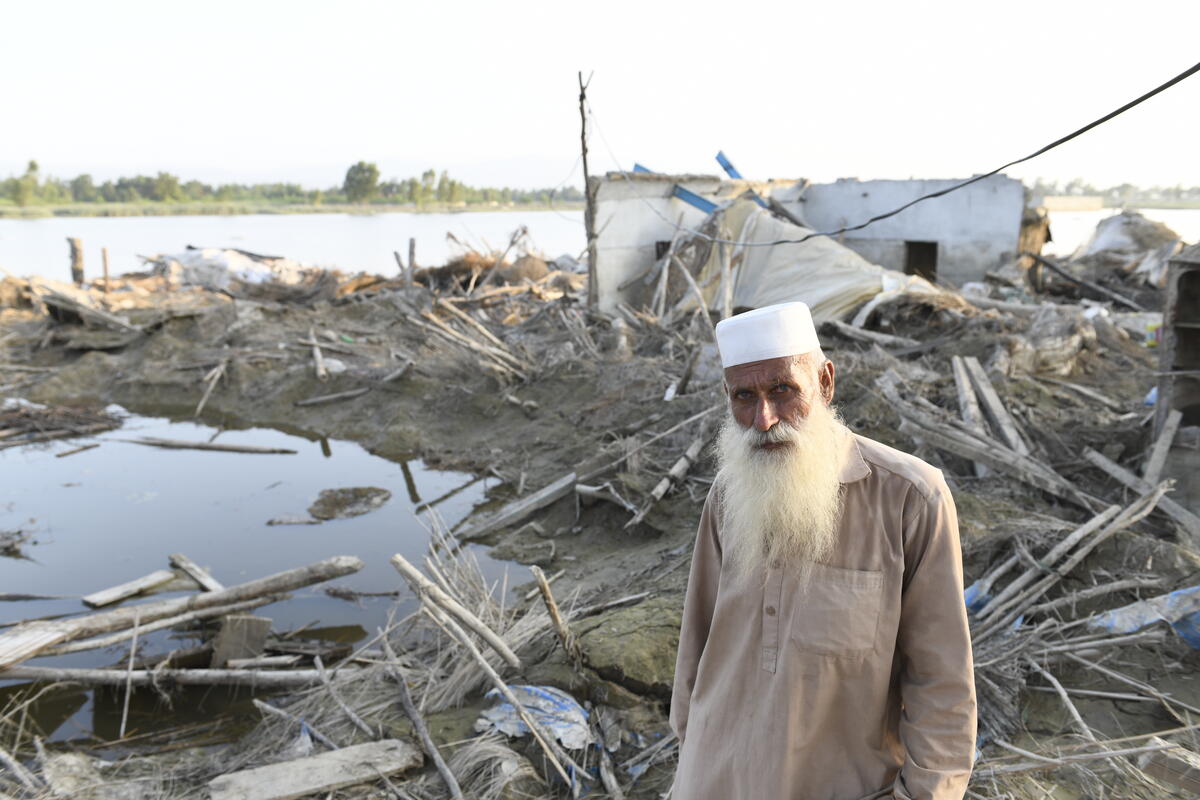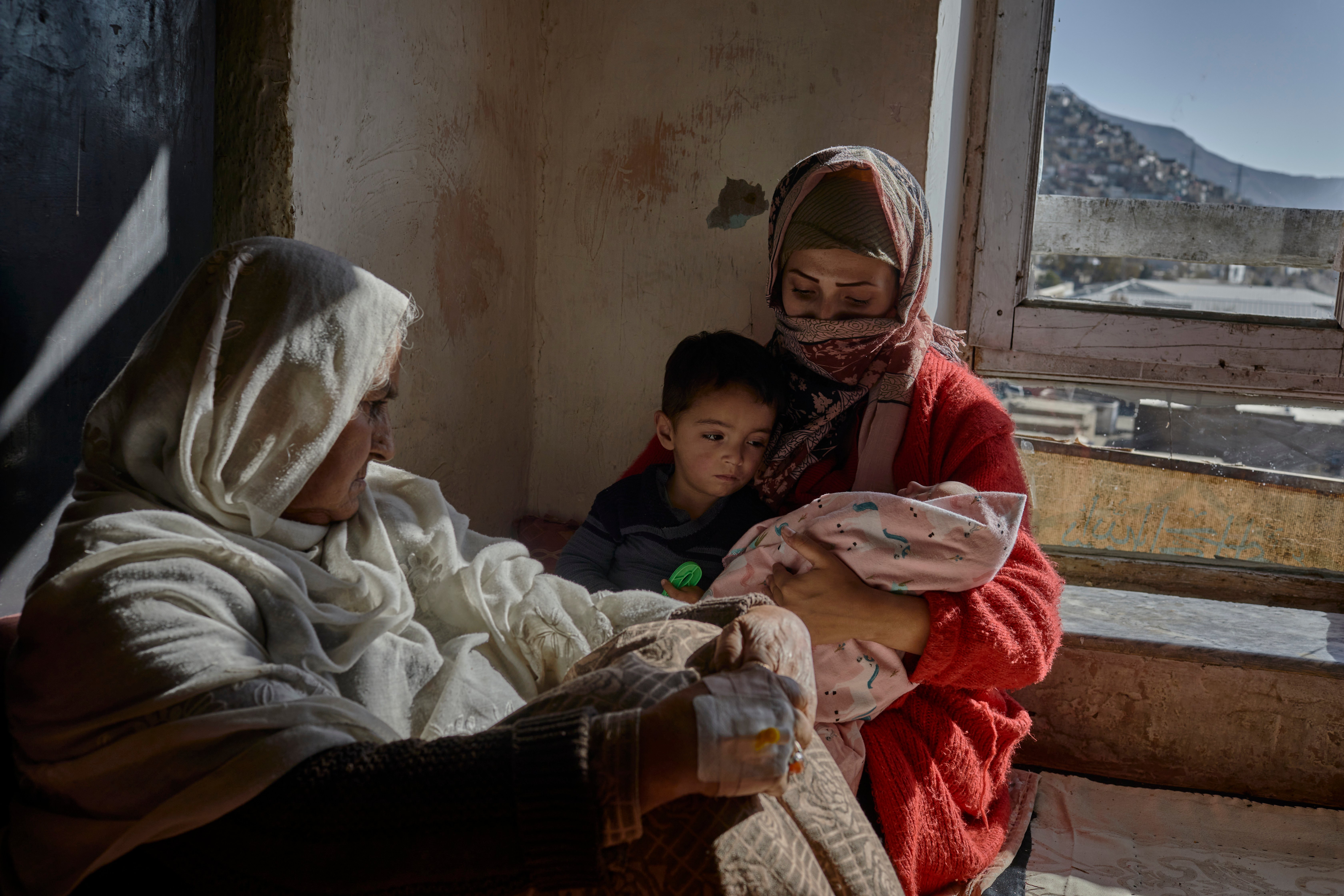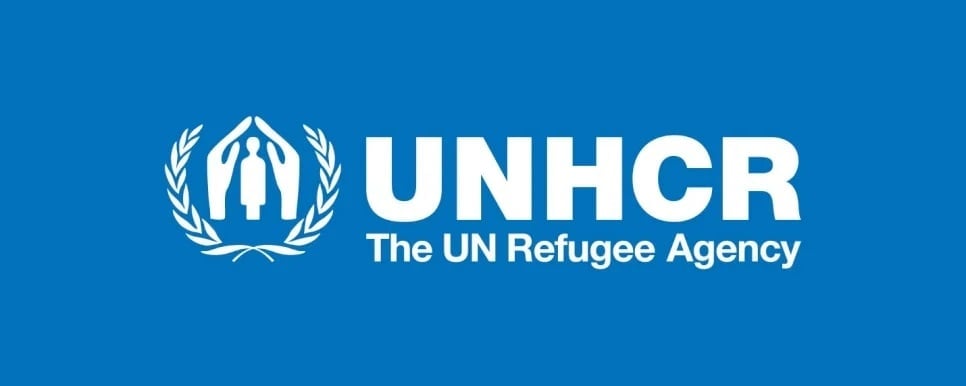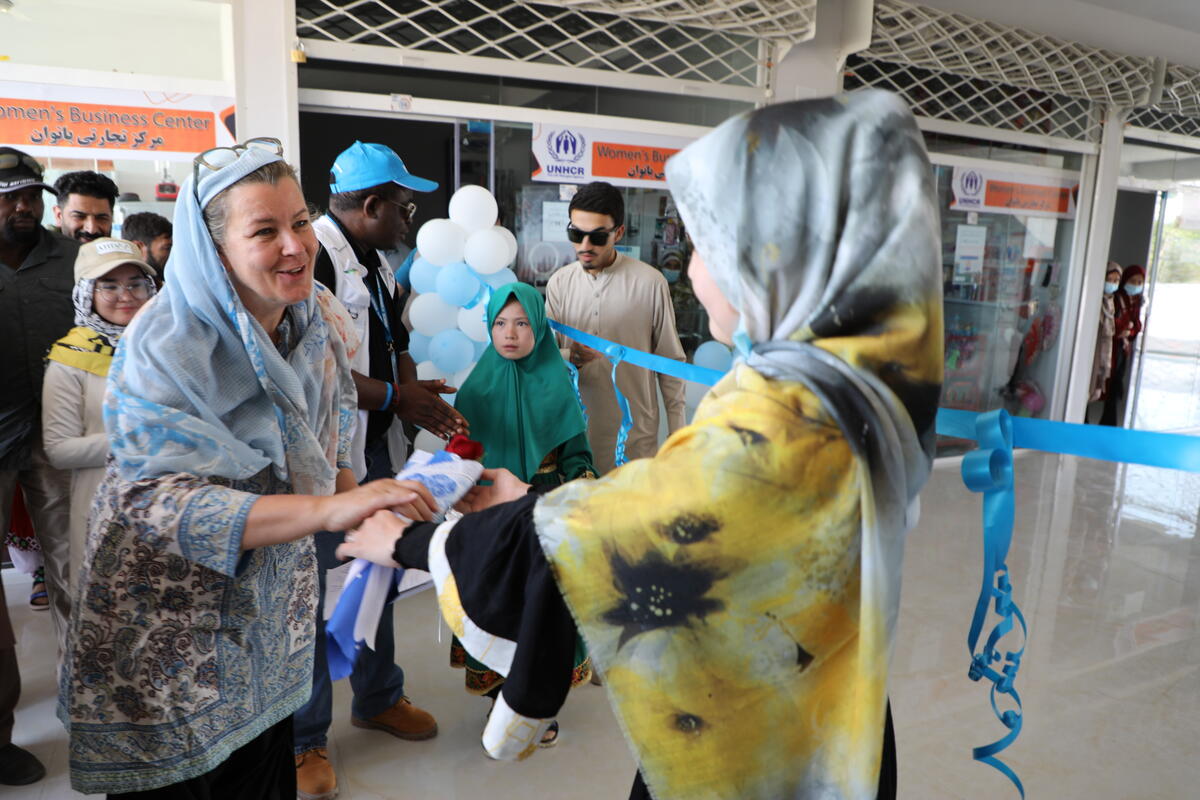Afghan refugee returns in 2003 cross quarter-million mark
Afghan refugee returns in 2003 cross quarter-million mark

ISLAMABAD, Pakistan, June 25 (UNHCR) - The number of Afghan refugees returning to their homeland from neighbouring countries has reached the highest levels of 2003, with totals crossing the quarter-million mark today.
Despite fears of deteriorating security in parts of Afghanistan voiced by many organisations, including the UN refugee agency, the steady stream of refugees going home has demonstrated that many Afghans have concluded that their prospects are better in their own country than in the countries that have provided them with shelter since 1980.
By the end of Tuesday, the UNHCR voluntary repatriation centres in Pakistan had processed more than 153,000 seeking help to return to Afghanistan. In Iran, by Wednesday more than 96,000 had returned since the start of January - over 55,000 assisted by UNHCR and over 41,000 without assistance.
"The majority are poor," said Shahab Zaman, a registration clerk with the UN refugee agency working at a centre on the edge of Islamabad processing refugee requests for assistance to return. "They say there is work in Afghanistan, the day wages are higher there and the north of the country is comparatively peaceful."
Refugees at other centres in Pakistan and Iran cite a variety of reasons to go home. Some see business opportunities. Better rains over the winter have improved prospects for agriculture, local agreements have halted power struggles between some warlords, and there is more - if still inadequate - rebuilding of the war-devastated country underway. Even the weather, with Pakistan now being scorched by temperatures of above 40° Celsius, is an incentive to leave.
UNHCR teams in Afghanistan are running several programmes to help reintegrate those asking to go home, including providing shelter kits, tools, and food aid under the UN World Food Programme. UNHCR plans to construct or rehabilitate up to 60,000 shelters and 40,000 wells this year in co-operation with the Afghan government.
The latest repatriation season, which follows the harsh Afghan winter, had a slow start because of the regional uncertainty triggered by the Iraq war, but numbers grew steadily until they reached the current level in the past month.
The high level, which partly reflects the end of the school year, is expected to continue at a similar pace for at least several more weeks. In Pakistan, the imminent closing of brick kilns for an annual two-month overhaul, means poor Afghans working in that harshest of jobs may now move. Some carpet weavers also are expected to return as they clear current contracts.
Although the total returnees are well below the overwhelming numbers of a year ago, when in Pakistan alone UNHCR assisted more than 1.5 million Afghans to leave in the months after the collapse of the Taliban regime in Kabul, the total is still very high by standards of most refugee movements.
And, with better controls in place, there is greater confidence this year that those going to Afghanistan intend to resettle in their homeland permanently, rather than to return later to Pakistan as some did last year. UNHCR believes the introduction at all locations in Pakistan of iris scanning technology, which detects those trying to receive return assistance a second time, has served as a strong deterrent to any abuse.
The steady returns coincided with the mid-June signing of a Tripartite Agreement between the Islamic Republic of Iran, Afghanistan and UNHCR that provides a framework for managing voluntary repatriation until 2005.
A similar agreement involving Pakistan, Afghanistan and UNHCR was signed earlier in the year, also providing for a voluntary repatriation programme until 2005. UNHCR is ready to screen the residual population in Pakistan after that to see who still needs the protection of refugee status.
Those agreements, while indicating an end may be in sight for this decades-old refugee problem, have underlined the acceptance by all involved that the repatriation of millions of Afghan refugees must be gradual to avoid overwhelming the efforts to stabilise and rebuild Afghanistan.
Although well over 2 million Afghans have returned since the start of organised repatriation in March 2002, more than that number are believed to remain in Pakistan and Iran.
"It's been 25 years. It's going to take time. You can't just send them home," said Zaman as a truck full of refugees pulled out of the UNHCR registration centre, heading toward the Khyber Pass entrance into Afghanistan. "Otherwise we would end up with the same situation - they would just come back."









